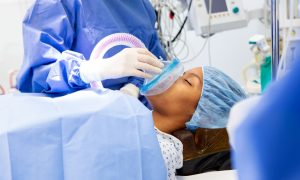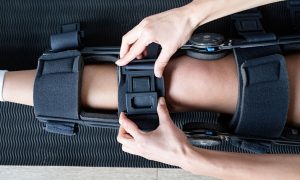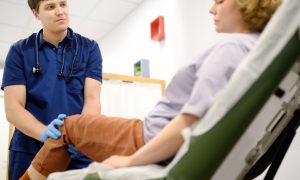Botox is a popular cosmetic treatment that helps reduce the appearance of wrinkles and fine lines. However, many people wonder if it’s safe to take antibiotics after getting Botox injections. In this article, we’ll explore the relationship between Botox and antibiotics, including how long you should wait before taking antibiotics, potential interactions, and other factors to consider.
Understanding Botox
Before we dive into the specifics of taking antibiotics after Botox, let’s briefly discuss what Botox is and how it works. Botox is a neurotoxin derived from the bacterium Clostridium botulinum. When injected into specific facial muscles, it temporarily paralyzes them, reducing the appearance of wrinkles and fine lines.
Botox is most commonly used to treat:
- Forehead lines
- Crow’s feet (lines around the eyes)
- Frown lines (lines between the eyebrows)
The Relationship Between Botox and Antibiotics
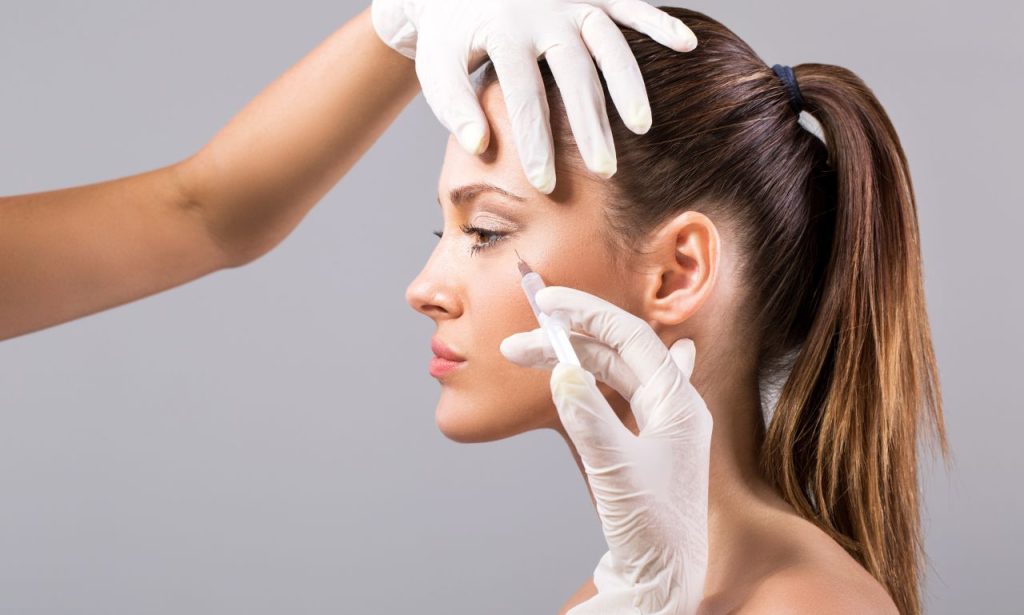
In most cases, it’s safe to take antibiotics after getting Botox injections. The majority of antibiotics used to treat common infections, such as respiratory or urinary tract infections, won’t interfere with the effectiveness of Botox. However, there are a few exceptions to keep in mind.
Antibiotics That May Increase Botox Effects
Certain antibiotics, particularly aminoglycosides, can enhance the effects of Botox by reducing neuromuscular transmission. Examples of aminoglycosides include:
- Gentamicin
- Tobramycin
- Streptomycin
If you’re taking one of these antibiotics, you may experience more pronounced Botox results than usual. It’s essential to inform your healthcare provider about any medications you’re taking before getting Botox injections.
Antibiotics That May Decrease Botox Effects
On the other hand, some antibiotics can potentially counteract the effects of Botox. These include:
- D-penicillamine
- Polymyxins
- Cyclosporine
If you’re taking any of these medications, your Botox results may not be as noticeable as expected. Again, it’s crucial to discuss your medication history with your healthcare provider before proceeding with Botox treatment.
How Long Should You Wait to Take Antibiotics After Botox?
As a general rule, it’s recommended to wait at least 2 weeks after getting Botox injections before starting a course of antibiotics. This allows your body sufficient time to absorb the Botox and begin seeing the desired effects.
If you’re already taking antibiotics when you’re scheduled to get Botox, it’s advisable to complete your course of medication before your appointment. This approach helps minimize the risk of potential interactions between the two treatments.
Other Factors to Consider When Combining Botox and Antibiotics
In addition to the specific antibiotics you’re taking, there are several other factors to keep in mind when considering Botox treatment while on antibiotics:
Age
As we age, our bodies become less efficient at processing medications, including antibiotics. This can make older individuals more susceptible to side effects, such as gastrointestinal issues or allergic reactions. If you’re over the age of 65, your doctor may need to adjust your antibiotic dosage or choose a different medication altogether.
Medical History
Your medical history can also play a role in how your body responds to the combination of Botox and antibiotics. If you have a history of allergies or chronic illnesses, such as liver or kidney disease, your doctor may need to take extra precautions when prescribing antibiotics.
Type of Botox
There are several different types of Botox, each with a slightly different formulation. The most common types include:
- Botox Cosmetic
- Dysport
- Xeomin
Make sure to inform your doctor about the specific type of Botox you received, as this can help them make more informed decisions about your antibiotic treatment.
Dosage and Frequency
Taking antibiotics too frequently or for prolonged periods can lead to antibiotic resistance and decreased effectiveness. Always follow your doctor’s instructions carefully and complete the full course of antibiotics as prescribed, even if you start feeling better before finishing the medication.
Potential Side Effects and Warning Signs
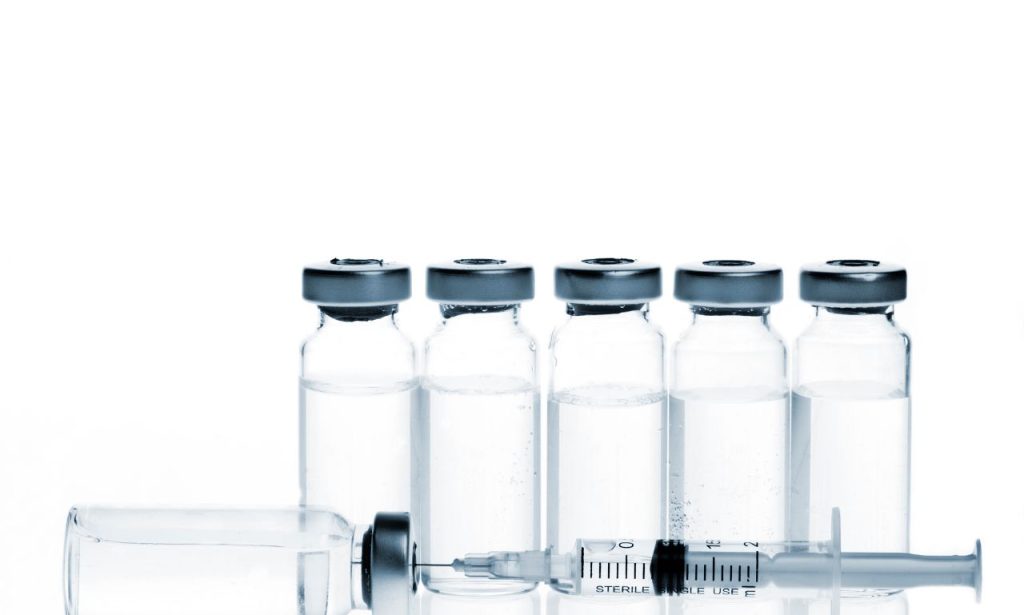
While rare, there is a small risk of infection or allergic reaction after getting Botox injections. If you experience any of the following symptoms, contact your healthcare provider immediately:
- Skin rash, itching, or hives
- Swelling or redness at the injection site
- Fever, chills, or flu-like symptoms
- Pain or drainage from the injection site
Comparing Botox and Antibiotics: A Quick Reference Table
| Factor | Botox | Antibiotics |
| Purpose | Cosmetic treatment for wrinkles and fine lines | Treatment for bacterial infections |
| Administration | Injected into specific facial muscles | Taken orally, intravenously, or topically |
| Duration of Effects | Temporary (3-6 months) | Short-term (7-14 days) |
| Potential Side Effects | Bruising, swelling, headache, flu-like symptoms | Gastrointestinal issues, allergic reactions, antibiotic resistance |
| Interactions | May interact with certain antibiotics (aminoglycosides, D-penicillamine, polymyxins, cyclosporine) | May interact with other medications, alcohol, or certain foods |
Conclusion
In summary, it’s generally safe to take antibiotics after getting Botox injections, as long as you wait at least 2 weeks before starting your course of medication. However, it’s essential to be aware of potential interactions between specific antibiotics and Botox, as well as other factors that may influence your body’s response to these treatments.
If you have any concerns or experience unusual symptoms after getting Botox while taking antibiotics, don’t hesitate to reach out to your healthcare provider for guidance. By working closely with your doctor and following their instructions carefully, you can safely enjoy the benefits of Botox while managing any necessary antibiotic treatments.
ALSO READ: Is Putting Your Laptop on Your Lap a Bad Idea?
FAQs
Yes, in most cases, taking antibiotics after Botox is safe. However, it’s essential to consult with your healthcare provider to ensure there are no specific interactions with the type of antibiotic you’re prescribed.
Certain antibiotics, like aminoglycosides, may affect muscle activity. It’s crucial to discuss any medications with your doctor to avoid potential interactions with Botox.
There is generally no required waiting period between Botox and starting antibiotics, but always follow your doctor’s advice based on your specific health needs.
Most antibiotics do not impact Botox results. However, discuss any concerns with your healthcare provider, as individual reactions can vary.
If you notice any unusual side effects, such as increased swelling or discomfort, contact your healthcare provider immediately for guidance.

